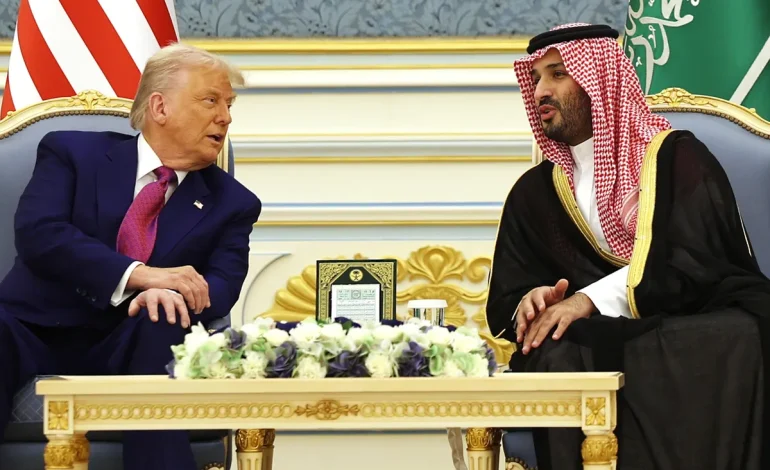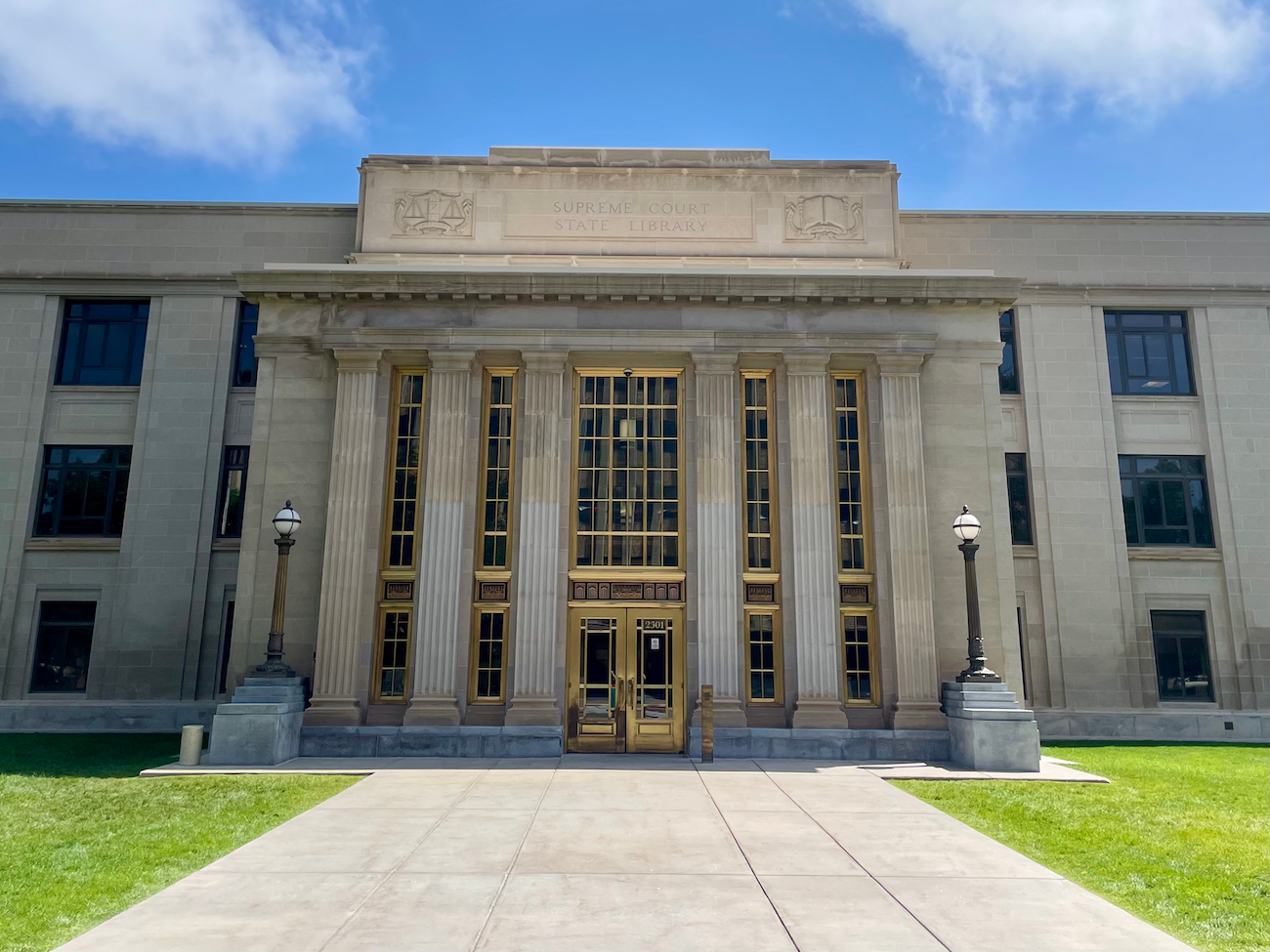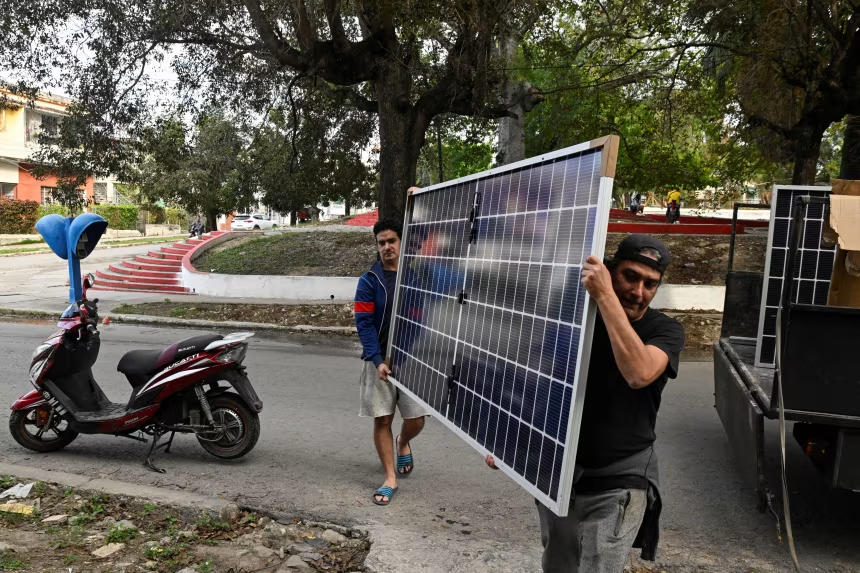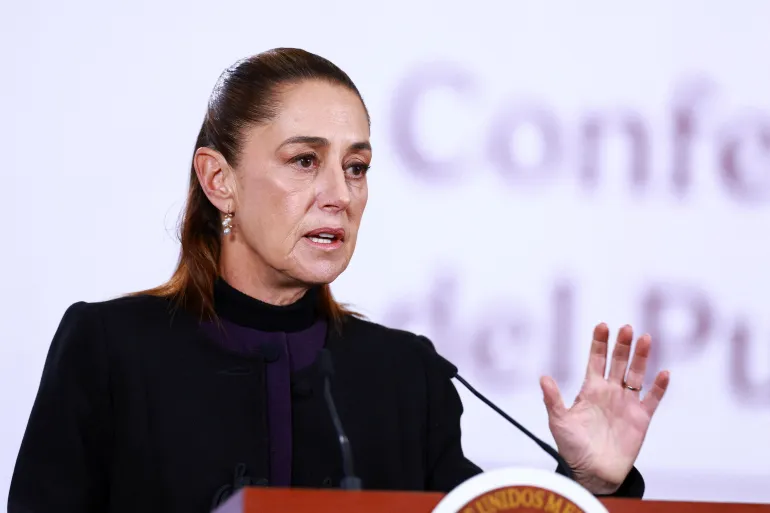US Pursues AI and Mineral Technology Agreements During Trump’s Middle East Visit

The Trump administration is working to finalize agreements with Saudi Arabia and the United Arab Emirates (UAE) aimed at boosting cooperation on advanced technologies and securing critical mineral supplies.
The deals, which may be announced during President Donald Trump’s current trip to the Middle East, represent a strategic pivot in US economic and technological engagement with the region.
At the heart of the negotiations is a proposal to allow the export of large volumes of high-end artificial intelligence (AI) chips to key government-linked firms in the Gulf. These include G42, a prominent AI company in the UAE, and Humain, a newly launched Saudi entity focused on AI development. Some of the chips are expected to be deployed through a partnership between G42 and OpenAI, while others may be used directly by the companies.
This shift marks a departure from previous US policy under the Biden administration, which had limited AI chip exports to countries with strong ties to China, including Saudi Arabia and the UAE. Those restrictions were intended to prevent sensitive American technology from being redirected to strategic rivals. The Trump administration now appears willing to ease those limitations in exchange for closer political and economic ties with the Gulf.
In parallel, a $9 billion memorandum of understanding has been approved between US investment firm Burkhan World Investments and Saudi partners. The agreement will support the exploration and export of critical minerals — including lithium, cobalt, and rare earth elements — from Saudi Arabia and potentially other countries such as those in Africa, with shipments destined for the United States. These resources are essential for industries ranging from defense to renewable energy.
Officials familiar with the AI chip deals say US safeguards are under discussion, such as restrictions on who can access cloud computing infrastructure that uses the chips. Proposals also include setting up “data embassies,” whereby data centers would operate under foreign legal jurisdictions, potentially offering greater control over sensitive information and infrastructure.
The acceleration of these initiatives reflects a broader US effort to counterbalance China’s growing technological influence, particularly in AI and advanced manufacturing. The Trump administration argues that stronger cooperation with Middle Eastern partners can help build a resilient, diversified supply chain and open new markets for American companies.
However, some analysts have expressed concerns about long-term strategic implications. Critics point to the risk of becoming reliant on authoritarian regimes with deep economic ties to China and Russia, warning that exporting core technologies may ultimately reduce US leverage in the global tech race.
Several major industry figures are in the region during Trump’s visit, including OpenAI CEO Sam Altman, Cerebras Systems CEO Andrew Feldman, and White House AI adviser David Sacks. Their presence underscores the growing importance of the Middle East in global tech development and investment.
The Washington Post and Bloomberg contributed to this report.









The latest news in your social feeds
Subscribe to our social media platforms to stay tuned